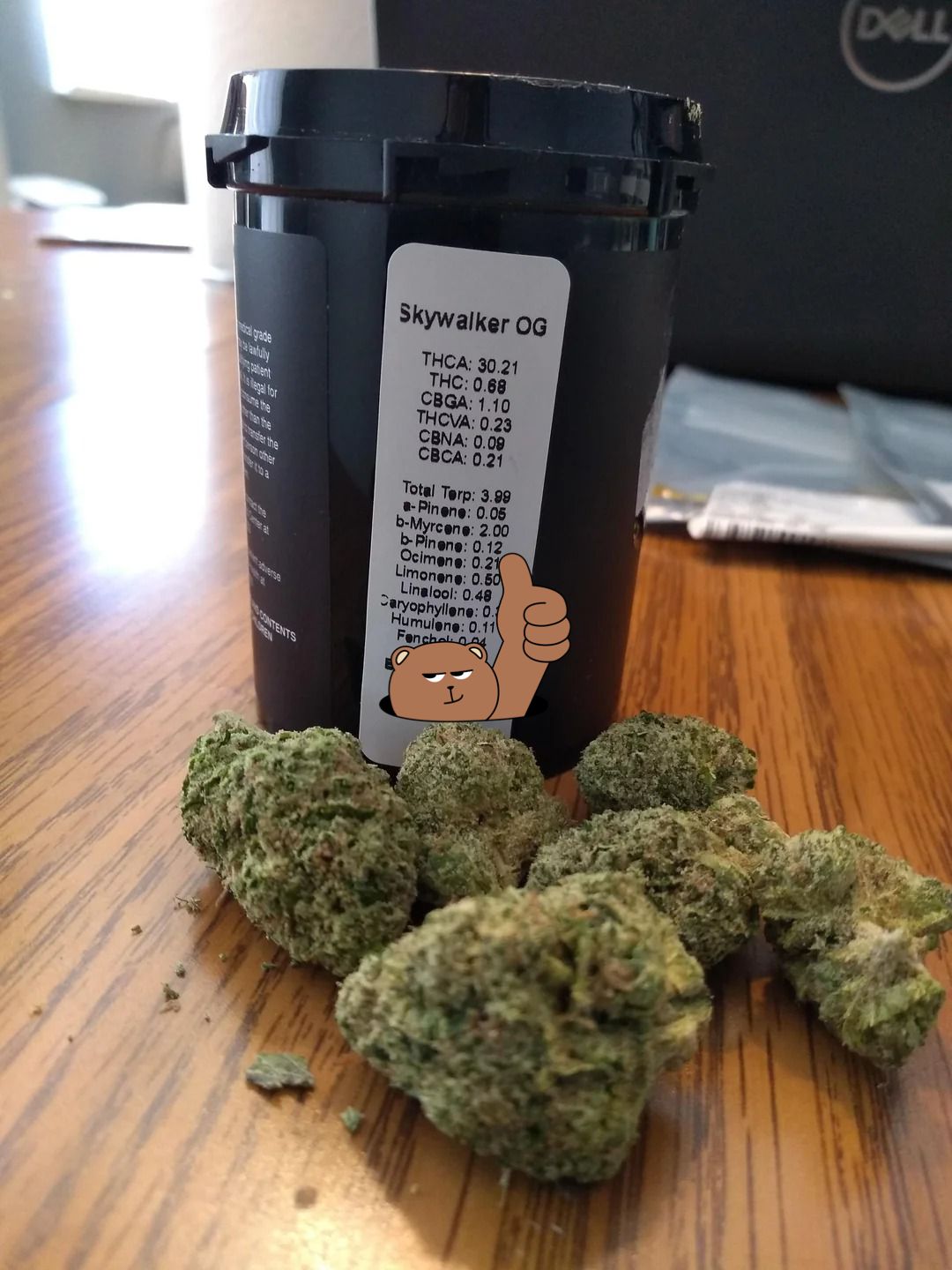Weed in Tarnów: Cannabis Use and Attitudes in the City

Tarnów, a historical city located in southeastern Poland, has long been known for its cultural heritage and rich industrial background. Like many smaller cities across the country, Tarnów has been navigating the complex issue of drug use, including cannabis. While the legal status of cannabis in Poland remains strict, attitudes towards cannabis use, particularly in the younger generations, have been gradually changing. This article explores the current legal framework surrounding cannabis in Tarnów, the city’s public perception of cannabis, and the rise of CBD products as an alternative.
The Legal Status of Cannabis in Tarnów
Cannabis is illegal for recreational use in Poland, including in Tarnów. Those caught with cannabis can face severe legal consequences, including hefty fines and imprisonment. The penalties for possession are especially harsh when larger amounts are involved, and trafficking cannabis can lead to even more severe punishments on weed in Tarnów.
In 2017, Poland legalized cannabis for medical use, which has created a legal pathway for people suffering from certain medical conditions, such as chronic pain, epilepsy, and multiple sclerosis, to access cannabis-based treatments. In Tarnów, residents seeking medical cannabis face the same bureaucratic hurdles that exist in other parts of Poland, making it difficult for many to obtain the medication they need on weed in Tarnów.
Despite the legalization of medical cannabis, recreational cannabis remains illegal in Tarnów and across Poland. The Polish government has yet to show any significant movement toward decriminalizing or legalizing cannabis for recreational use. While other countries have adopted progressive cannabis laws, Poland’s conservative stance on drug policy has remained firm on weed in Tarnów.
Public Perception of Cannabis in Tarnów
Public attitudes toward cannabis in Tarnów reflect the broader trends found in Poland. Many older residents view cannabis as a dangerous drug associated with criminality and addiction.
However, younger people in Tarnów are more open to discussions about cannabis. As attitudes toward cannabis shift globally, especially in countries where cannabis has been legalized for recreational use, many younger Polish people, including those in Tarnów, are beginning to see cannabis in a more positive light. Cannabis is increasingly seen as a potential medical treatment, and many are advocating for its decriminalization or legalization. The younger population is more likely to advocate for cannabis reform and is more willing to challenge traditional views on drug use.
Despite this shift in perspective, cannabis use in Tarnów is still largely underground. The social stigma around cannabis use remains, and users often prefer to keep their habits private due to the fear of legal consequences or judgment from others. Public conversations about cannabis are still relatively rare, and many people in Tarnów hesitate to speak openly about their views on cannabis for fear of social backlash.
The Rise of CBD Products in Tarnów
One notable trend in Tarnów in recent years is the increasing popularity of CBD (cannabidiol) products. CBD, a non-psychoactive compound derived from cannabis, has become widely available in Poland, including in Tarnów. Unlike THC, the compound responsible for the “high” associated with cannabis, CBD does not produce intoxicating effects. As a result, it has gained significant popularity as a legal and non-psychoactive alternative to traditional cannabis products.
CBD products are available in a variety of forms in Tarnów, including oils, creams, capsules, and edibles.
The growing interest in CBD in Tarnów is part of a larger trend across Poland, where more and more people are turning to natural alternatives to pharmaceuticals. CBD products are particularly popular among those looking for a safe and non-intoxicating way to manage symptoms related to stress, anxiety, and chronic pain. The legal status of CBD in Poland, combined with its growing recognition for its therapeutic effects, has led to an increase in demand for CBD products in Tarnów and other cities across the country.
The Future of Cannabis in Tarnów
The future of cannabis in Tarnów largely depends on the national conversation surrounding cannabis reform in Poland. While the current legal status of cannabis for recreational use remains unchanged, the growing acceptance of CBD products suggests that attitudes toward cannabis-related products may continue to evolve. The younger generation in Tarnów is becoming more open-minded about cannabis and its potential benefits, particularly for medical use.
As the global conversation about cannabis legalization continues to gain momentum, Poland may eventually reconsider its stance on cannabis. While recreational cannabis remains illegal for the time being, the growing popularity of CBD products in Tarnów is indicative of changing attitudes. Over time, the increased demand for cannabis-related products may pave the way for broader discussions about cannabis decriminalization or legalization in Poland.
While significant changes to cannabis policy in Tarnów may not be imminent, the rise of CBD and the growing interest in cannabis as a medical treatment suggest that attitudes in the city are gradually shifting. As more residents experience the benefits of CBD, and as the younger generation continues to advocate for cannabis reform, it is possible that Tarnów will see greater acceptance and open discussions about cannabis in the future.
Conclusion
However, attitudes are slowly shifting, especially among younger generations who are more open to discussing the potential benefits of cannabis and advocating for reform. The rise of CBD products in Tarnów reflects this changing mindset, as more people turn to cannabis-related products for their health and wellness needs. While the legal landscape for cannabis in Tarnów is unlikely to change in the near future, the growing interest in CBD and the broader conversations about cannabis reform suggest that the city may see a more open and progressive approach to cannabis in the years to come.

Skywalker product exceeded my expectations in both potency and purity, I really appreciated the discretion and professionalism in the delivery process , you can reach to him on Telegram t.me/skywalkerOG_1 and also there email realskywalkerog1@gmail.com
“Man, that skywalker OG you gave me last night was fire. Smoothest smoke I’ve had in months.”

Great service, easy to work with and I’m very satisfied. I’m so happy I found skywalker here. He is super responsive, on time and the quality of weed he sells are serious on point and top notch.